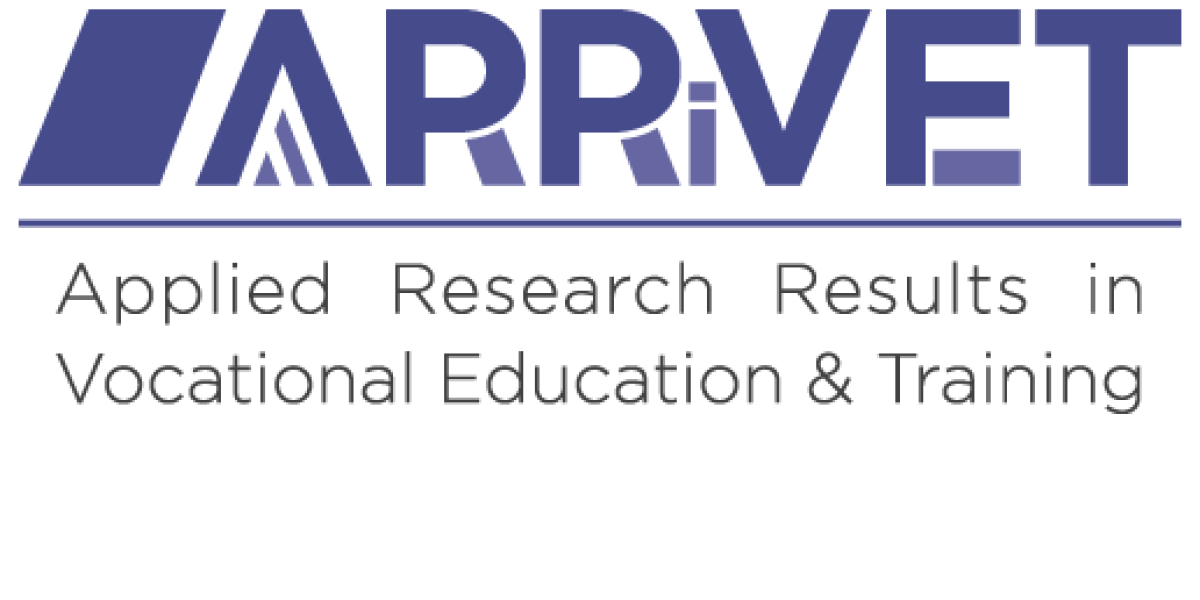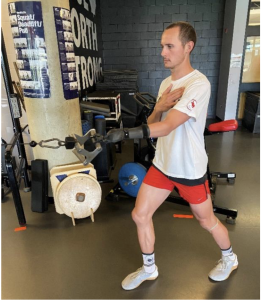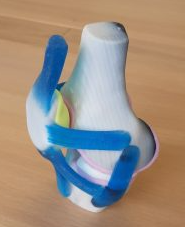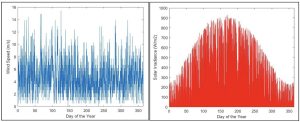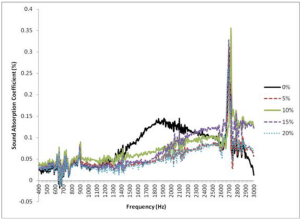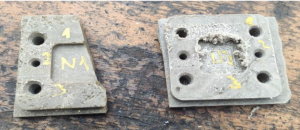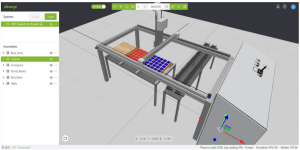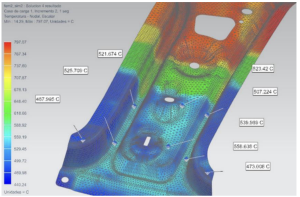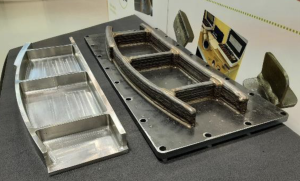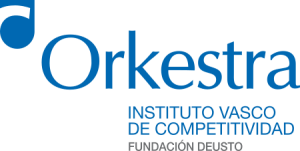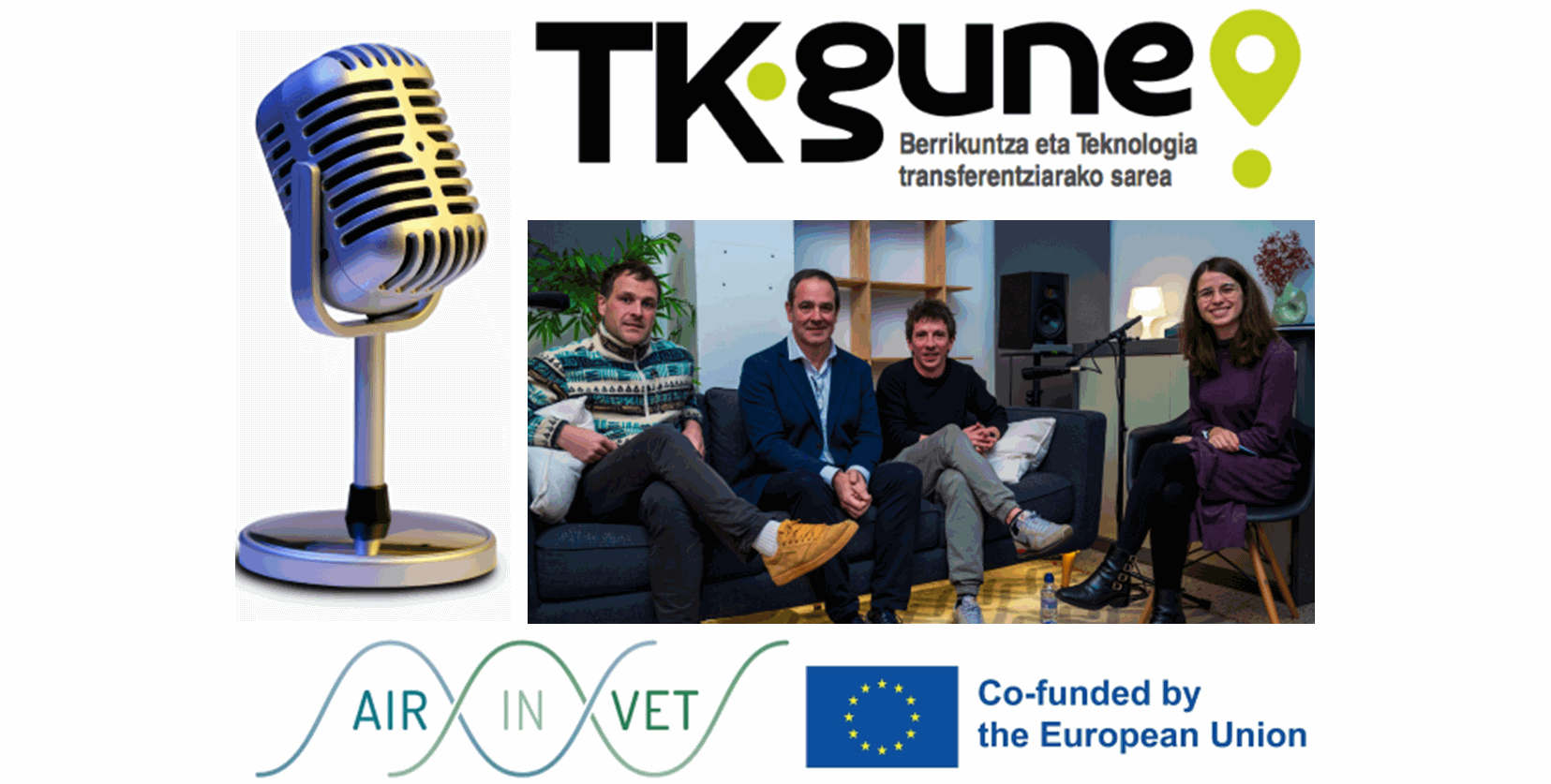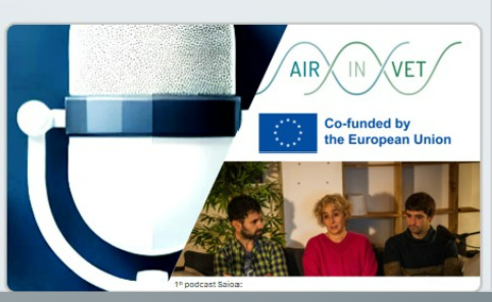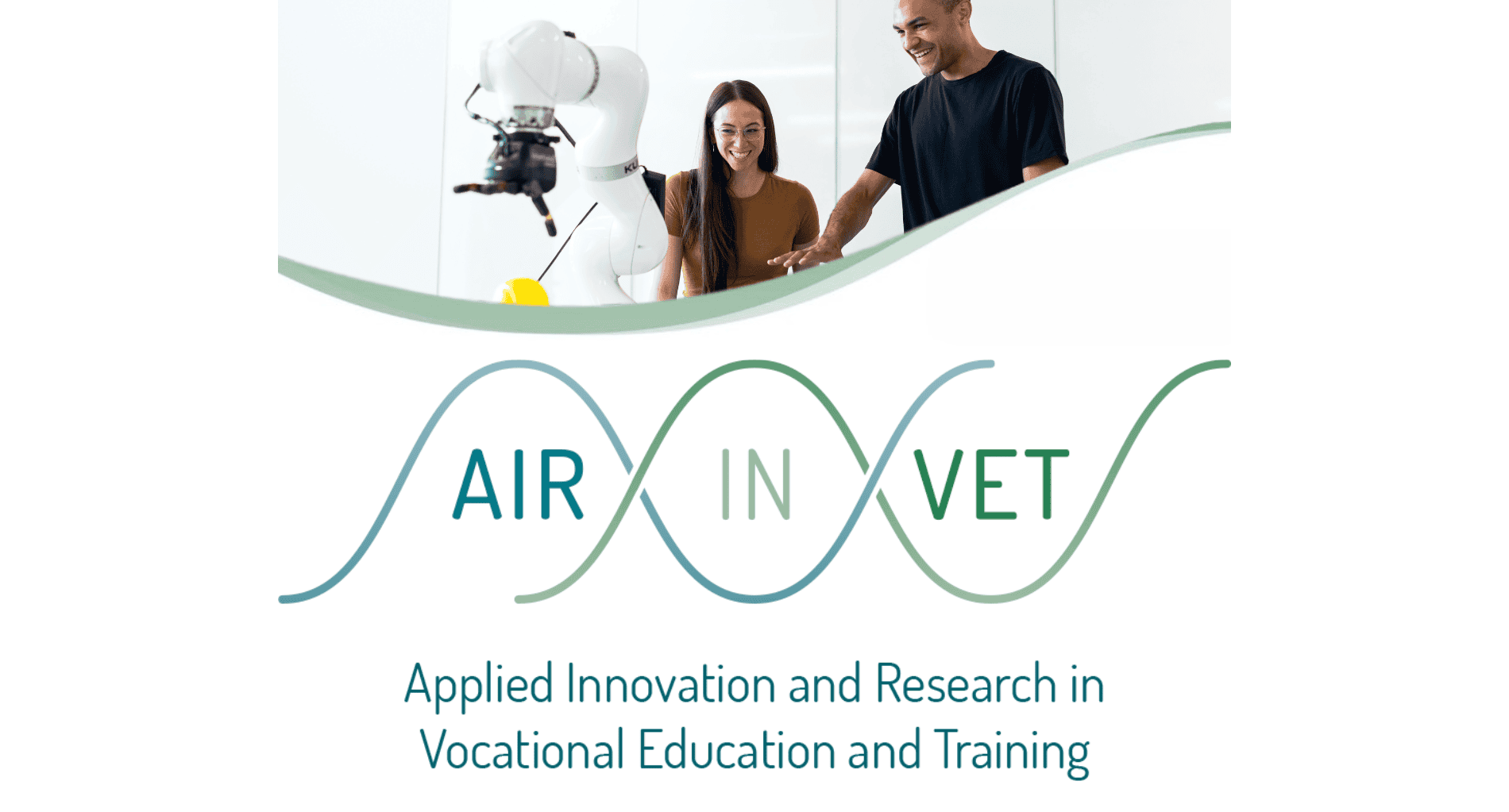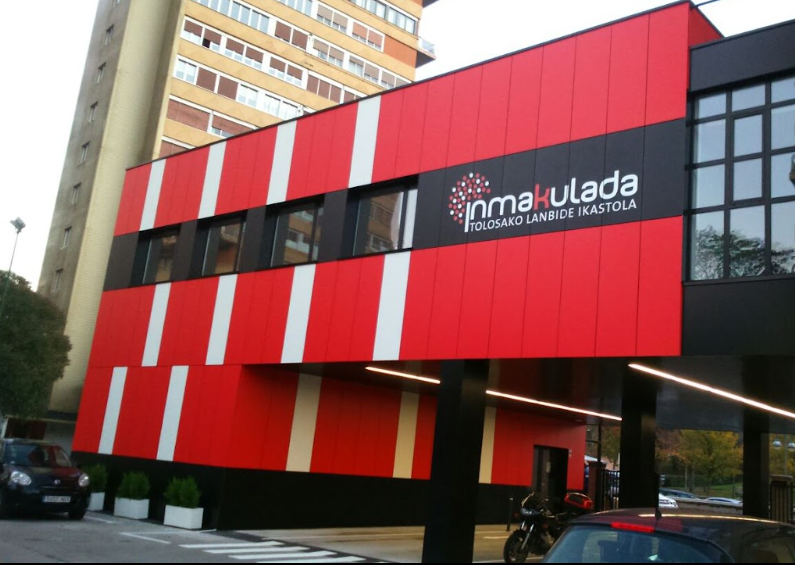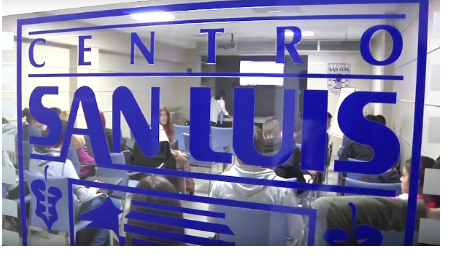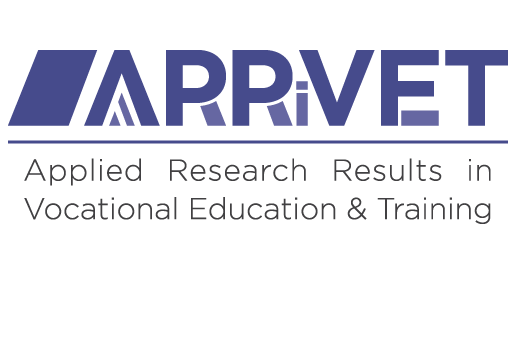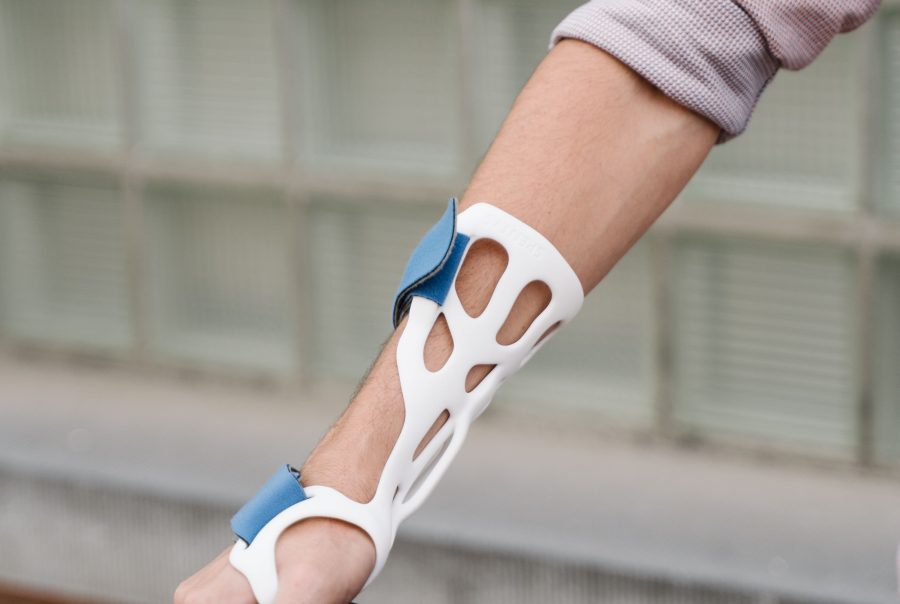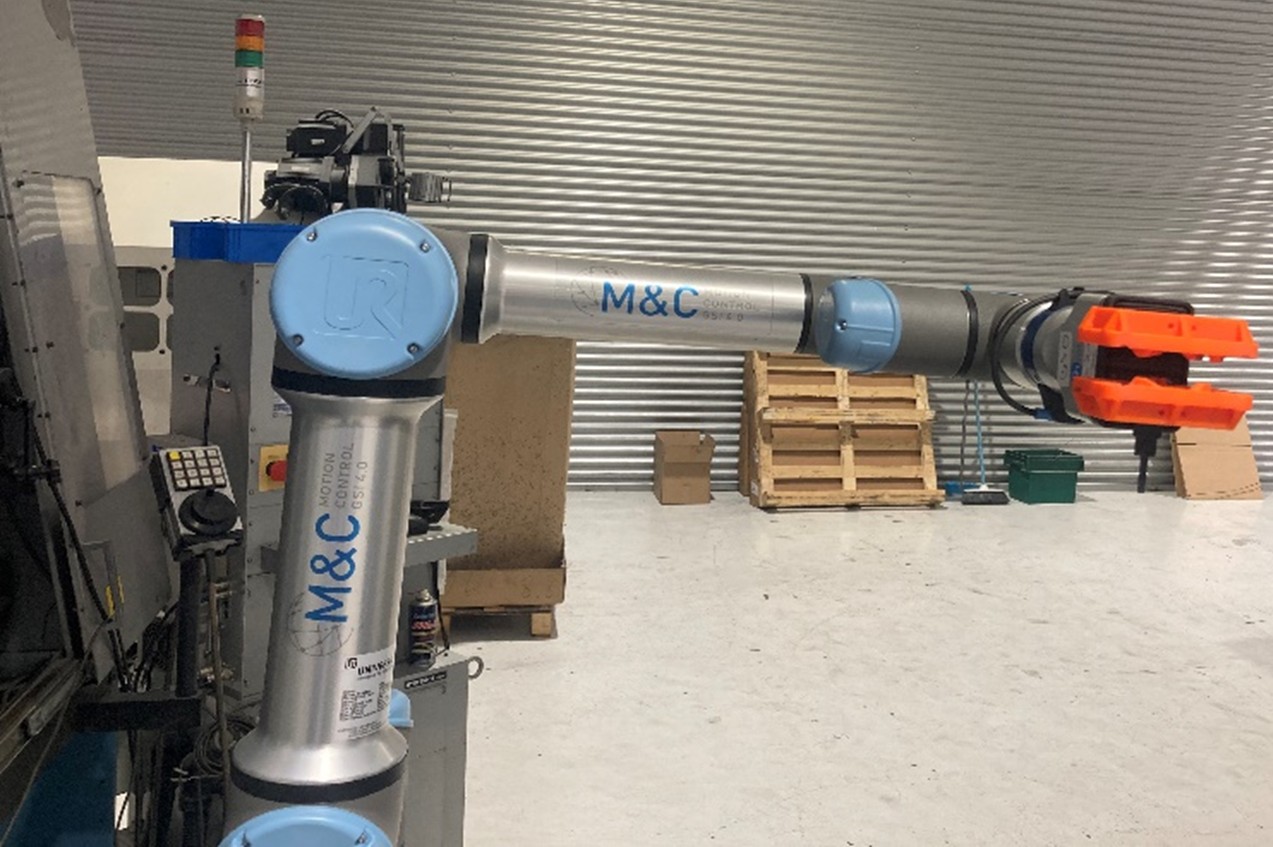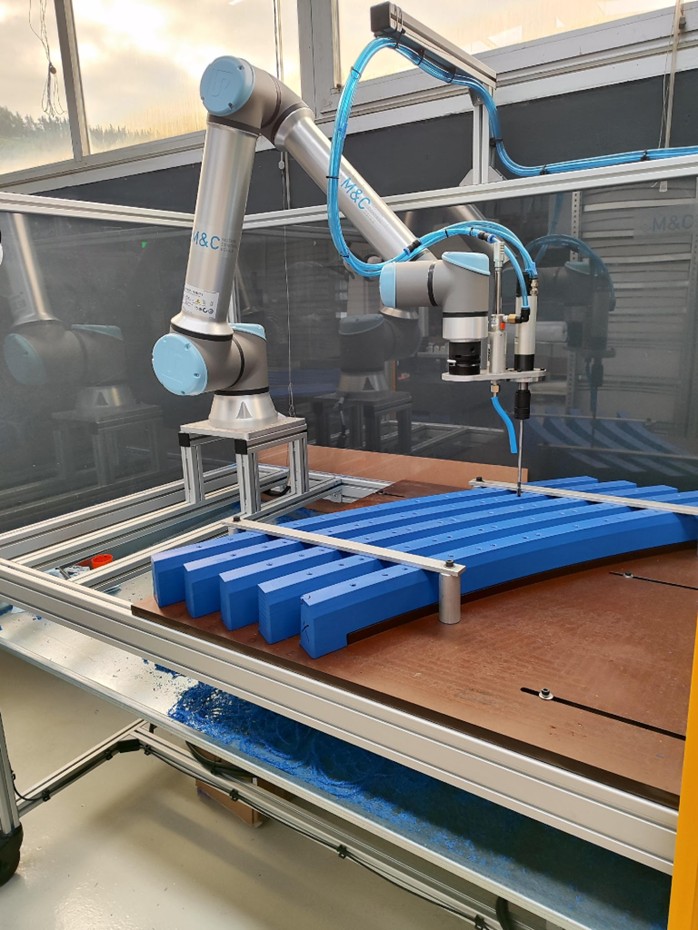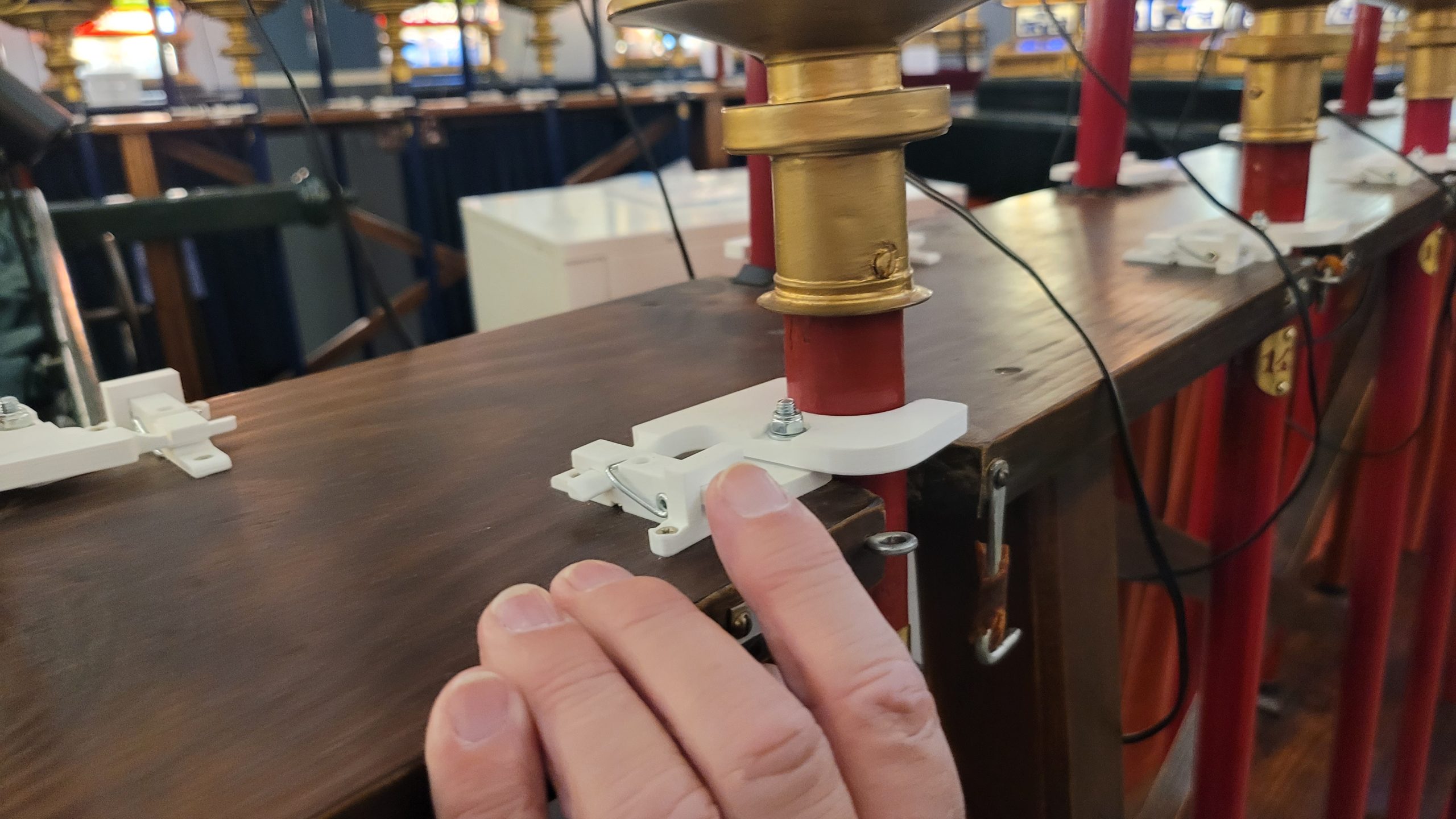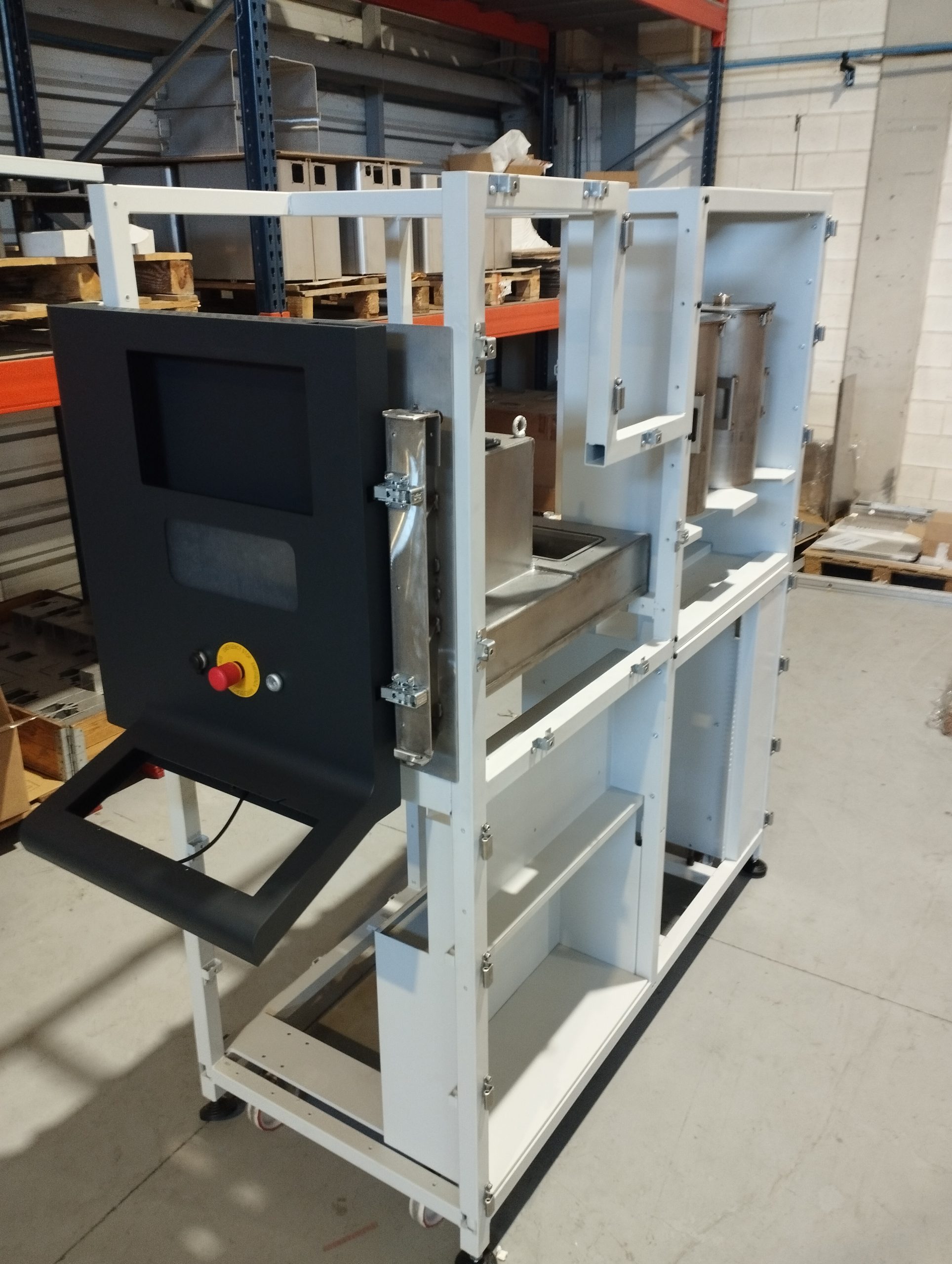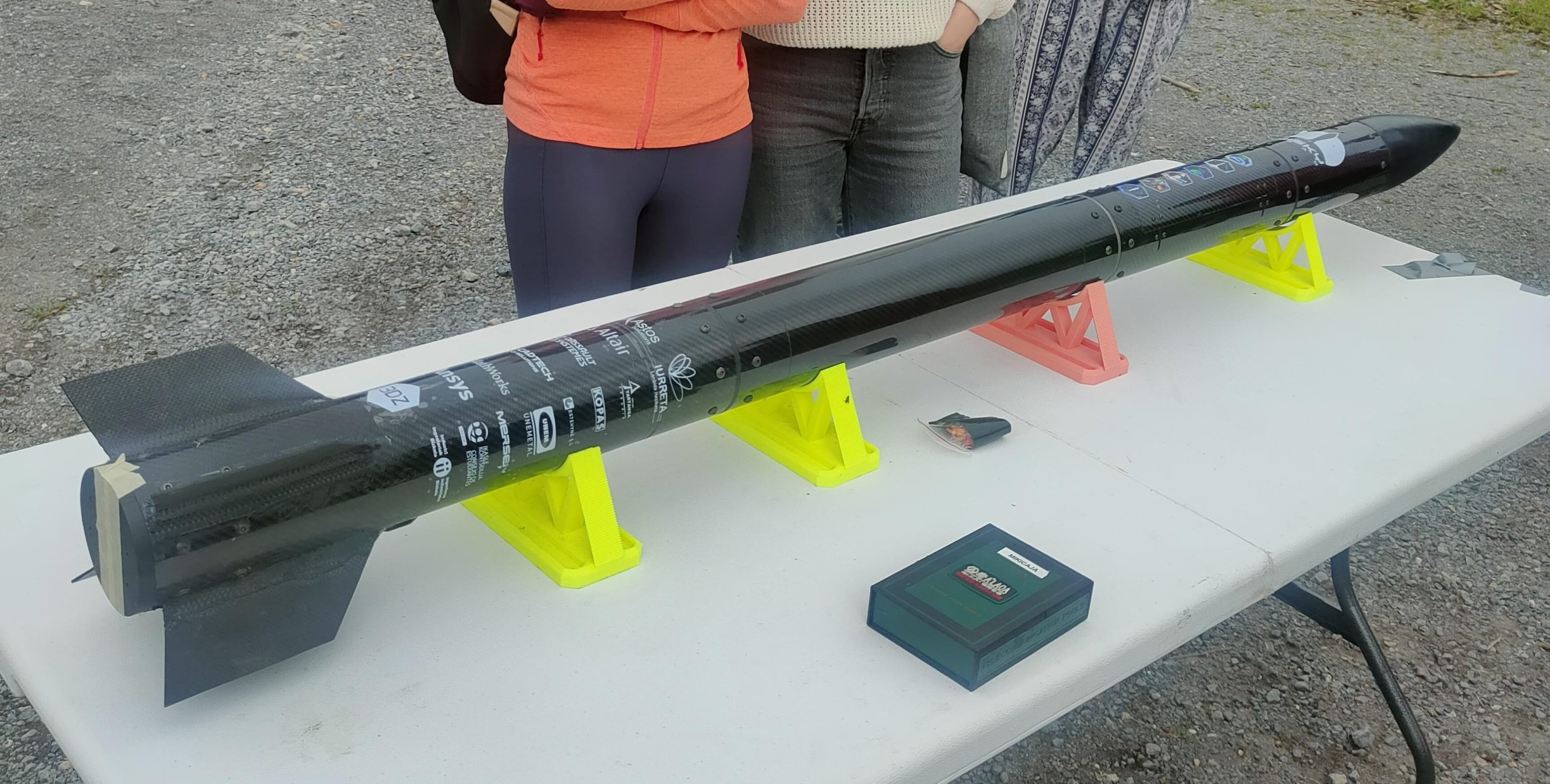Suitable platform to publicize the innovation projects developed in VET centers around the world, including those of TKgune.
_________________________________________________________________________________
Project Idea
– What is Arrivet?
–ARRIVET – Applied Research Results in Vocational Education and Training is a journal edited by the World Federation of Colleges and Polytechnics Applied Research Affinity Group (WFCP ARIAG).
ARRIVET is an international interdisciplinary journal dedicated to documenting and disseminating the results of applied research conducted at the Vocational Education and Training level.
Focusing on the problems and challenges of companies, the innovation projects that are developed in Vocational Training centers are the central theme of ARRIVET.
The innovation projects we address, which are also called applied research in some areas, have in almost all cases two objectives: on the one hand, to increase the skills of vocational training teachers and students and, on the other hand, to contribute to increasing the competitiveness of companies.
ARRIVET was launched in February 2023 and will publish manuscripts of innovation and applied research professionals from vocational training centers around the world, within this framework. ARRIVET publishes annually, free of charge and in electronic format.
The first issue was published in November 2023 and is available at the following link. Registration is required to read it.: ARRIVET
– What is the origin of the ARRIVET idea?
– Applied Research of the WFCP is an international community of practice. In 2020 Tknika took over the leadership of the team. The members of the group share in online sessions the results of applied research projects conducted by their organizations.
We have learned about cases from Canada, Austraya, China, Basque Country, Germany and other countries, as well as model practices related to applied research and innovation.
This group came up with the idea of publishing these results and realizing the lack of habit in professional training of documenting these practices.
Among the participants of the subgroup, the idea was proposed and the ARRIVET journal was launched.
Many steps forward have been taken and there are many people participating in the process, editors, article inspectors, writers, among others.
Archives from the ARRIVET website:
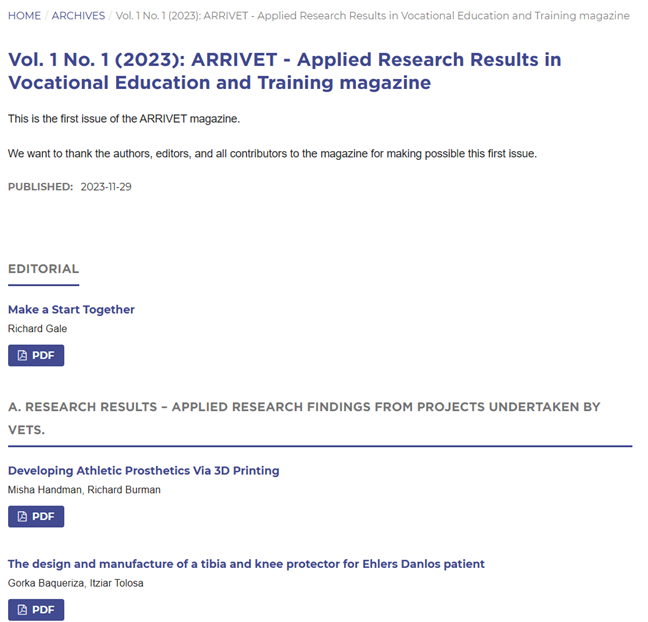
Publication of articles
– How has the call for papers in ARRIVET been disseminated?
– The entities that participate directly in the WFCP subgroup have disseminated the call for ARRIVET articles among their networks.
The dissemination of the call for papers for the first issue can be considered simple. In the Basque Country the call has been made through the Tknika areas.
– How many centers and which ones have made their project public at present?
– Six articles from the Basque Country and three from other countries have been published in this issue.
Vol. 1 No. 1 (2023) Magazine Publications:
– Does ARRiVET Magazine have readers or followers? What type/area?
– Since the first issue was published in November, it is still too early to make an assessment. For us, it’s mainly about people who are dedicated to innovation with companies.
On a second level, institutional representatives, partner companies and enterprises, national and international policy makers, etc., also aim to make them aware of what is being done in vocational training.
– What has been the trajectory followed in Tknika?
– As mentioned above, the ARRIVET team is large and international in scope. In the Basque Country the responsibility has fallen on the members of the international area of Tknika, supported by members of other areas.
To learn more about the magazine, please contact us at admin@arrivet.org

How to participate?
– If in ARRiVET a center or VET school would like to make its project known, what would be the steps to follow?
– ARRIVET’s editorial guidelines indicate the main requirements for publication in the article, the applicable fields and other guidelines. All article proposals collected in ARRIVET go through a review process to ensure compliance with the criteria and are then published.
The aim of ARRIVET is to give a voice to Vocational Education and Training teachers, to explain the enormous work being done in applied innovation and to learn about similar initiatives at an international level, so to make it known just write and send that!
ARRiVET has chosen five categories to focus its attention, and it is from these five categories that we look to draw future articles and issues. We welcome articles in:
📂 Research Results –applied research findings from projects undertaken by VETs.
📂Research Practices –applied research approaches leading to results and principles.
📂Research in Context –geographies of applied research and their results
📂Training for Research –activities in preparation for applied research and its results.
📂Training for Vocations –the “applied research/training for vocation nexus” including applied research in pedagogy, building teacher capacity, learning development, and building student capacity.
– Finally, what would you tell/advise the center to participate in the ARRiVET project?
– We would like to invite all teachers to do the trial and not to be scared because it is in English.
Among the priorities at European level is to bring out the innovation projects in vocational training, making known the added value of vocational training. In the centers they have already worked a lot and it is a question of offering the possibility of extending what has been done by the teaching staff.


